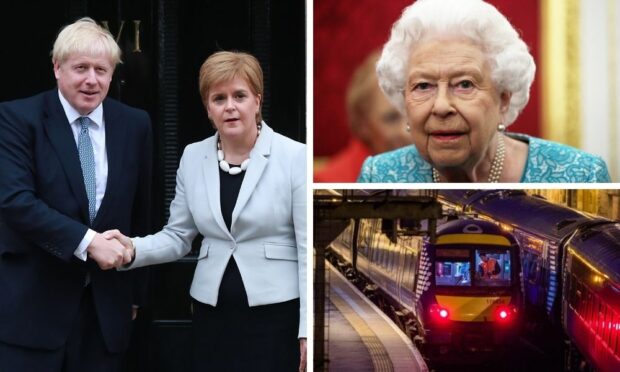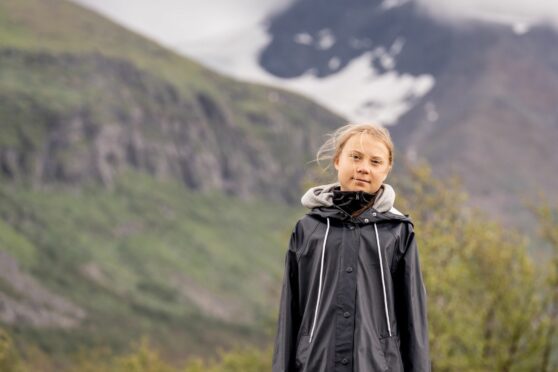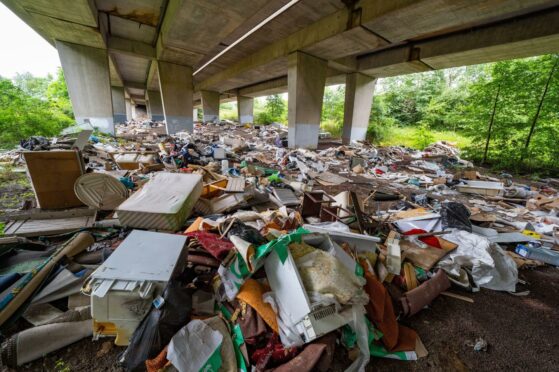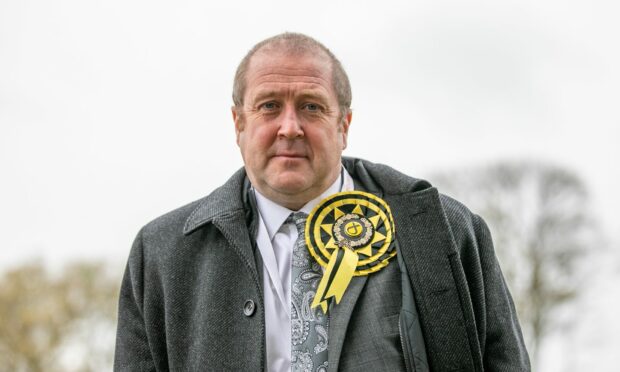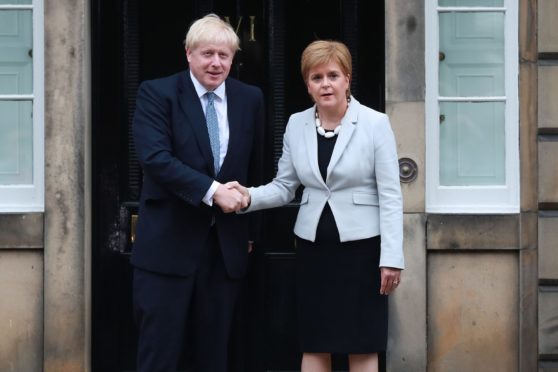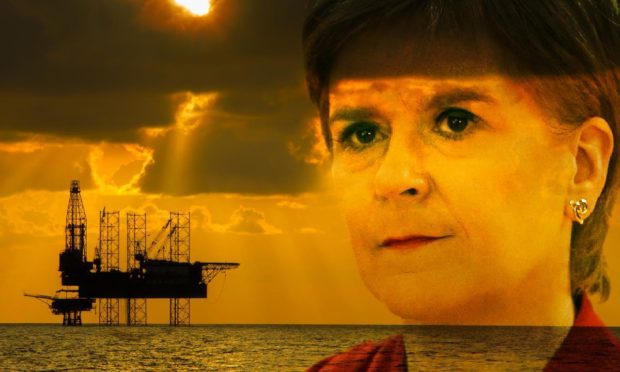For twelve days in November the eyes of the world will turn to Scotland as the country prepares to host the 26th United Nations Climate Change Conference, better known as COP26.
Luminaries including US President Joe Biden, Prime Minister Boris Johnson, the Queen, Sir David Attenborough, the Pope – and activist Gretha Thunberg – are all due to attend, putting Scotland under the microscope.
With such a focus turned our way, what worries could organisers possibly have?
On current evidence, there is a long list of problems building up.
From rubbish-strewn streets to train strikes and accommodation shortages, First Minister Nicola Sturgeon has some domestic problems to fix.
That’s before environmental activists turn their attention to the government’s balancing act over oil exploration.
With the countdown to COP26 now on, is Scotland and the whole of the UK at risk of a global humiliation?
Glasgow’s rubbish problem
For months residents have been incredibly critical of how the SNP-run local authority has let their beloved Glasgow become a bit “of a tip”.
A mountain of garbage, old mattresses, bin bags, toilets, baths and other waste was allowed to build up for months under a bridge on the M8, near Blochairn – one of the first things you pass on your way into the city.
Illegal fly-tippers and organised criminal gangs are to blame, with responsibility for closing off the area falling under the auspices of Amey.
But despite that, Glasgow City Council leader Susan Aitken has come under huge criticism for suggesting the city only needed a “spruce up” ahead of the UN event.
She denied the city was “filthy” but was slammed by other politicians and residents who have complained for months about the city’s streets and refuse.
Could COP26 be affected by strikes?
Now, with only days to go before the spotlight shines, the city’s refuse collectors have voted to strike during COP26, which could lead to mountains of rotten rubbish in Glasgow’s streets.
More than 96% of GMB union members voted for industrial action, in a dispute over pay.
In Glasgow we have reached the legal threshold in our Industrial Action Ballot.
96.9% voted in favour of Industrial Action in response to the latest pay offer from @COSLA
Unless there is an improved offer on Monday we will be taking action in Glasgow during COP 26 pic.twitter.com/rEXapaGYHL
— Glasgow GMB (@GMBGlasgowCC) October 14, 2021
It’s not just refused collection services threatening industrial action.
ScotRail services cancelled
Workers on Scotland’s rail network voted in favour of striking between November 1 and 12, during COP26.
The railways could “grind to a halt”, just in time for 30,000 people – all supposedly environmentally conscious – to try and use the country’s trains to get where they need to go.
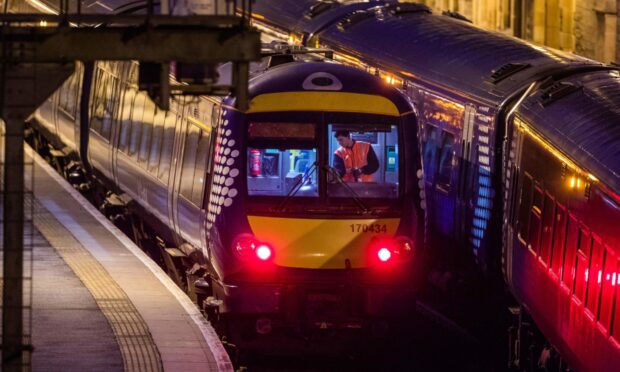
With COP26’s aims of promoting a green future, it will not look good if people cannot use fast, efficient public transport to get to events.
Things have not been helped by Scotland’s transport minister, Graeme Day, admitting he has “no idea” why rail workers plan to strike during COP26, “since a pay offer is on the table”.
Delegates will be “encouraged to use public transport as much as possible”, according to the UK government, with verified attendees being given travel passes.
These passes won’t be much good without trains to ride on.
Those delegates deemed above public transport will be chauffeured in state-of-the-art Jaguar Land Rover electric vehicles.
A slight snag, in that organisers have had to ship large, heavy bio-diesel generators across the country due to a lack of charging points at Scottish hotels.
Where is everyone going to stay?
The country’s hotel and catering industry was one of the hardest hit by the coronavirus pandemic.
President Biden probably doesn’t need to worry about finding digs for the time he is here.
But as reported earlier this year, a shortage of rooms and a spike in demand means the cost of getting a hotel in Glasgow and greater Glasgow area the first two weeks of November has sky-rocketed.
Political bun-fight
Ever since it was announced Glasgow would host COP26, Westminster and Holyrood have been at loggerheads over responsibilities and constitutional wrangling.
Former climate minister and current Lib Dem leader Sir Ed Davey meanwhile warned COP26 was stepping up to be “hugely disappointing”.
He said nowhere near enough civil servant and diplomatic work had gone into planning the event.
Sir Ed was responsible for leading the UK into the Paris climate agreement, as well as representing the country at various other international environmental summits.
Boris Johnson’s record is under scrutiny
Young climate activist Greta Thunberg complained world leaders were effectively saying “blah blah blah” when it came to climate commitments.
Ms Thunberg, the instigator of the world-wide School Strike for Climate, has taken on some of the globes’ most powerful leaders, continually calling them out for putting forth empty words and no action.
At a UN summit earlier this year, Prime Minister Boris Johnson misquoted everyone’s favourite muppet, saying “it is easy being green”, riding roughshod over his previous columns trying to debunk climate science or his own parliamentary voting record.
What will happen to our reliance on oil?
First Minister Nicola Sturgeon recently visited Iceland to address the Arctic Circle assembly, a collection of nations who live in the region.
Scotland does not sit in the circle, but as she once again pointed out, Shetland is closer to it than to London. What she did not mention was the large oil field sitting even closer.
Ms Sturgeon has declared a climate emergency, but she has still to voice out-right opposition from drilling Cambo for all of its precious black gold.
Even the Queen has become involved
Earlier this year it was revealed the Queen secretly lobbied Scottish ministers for climate law exemption.
According to the Guardian, the Queen’s lawyers secretly lobbied Scottish ministers to change a draft law to exempt her private land from a major initiative to cut carbon emissions, documents reveal.
The exemption means the Queen, one of the largest landowners in Scotland, is the only person in the country not required to facilitate the construction of pipelines to heat buildings using renewable energy.
